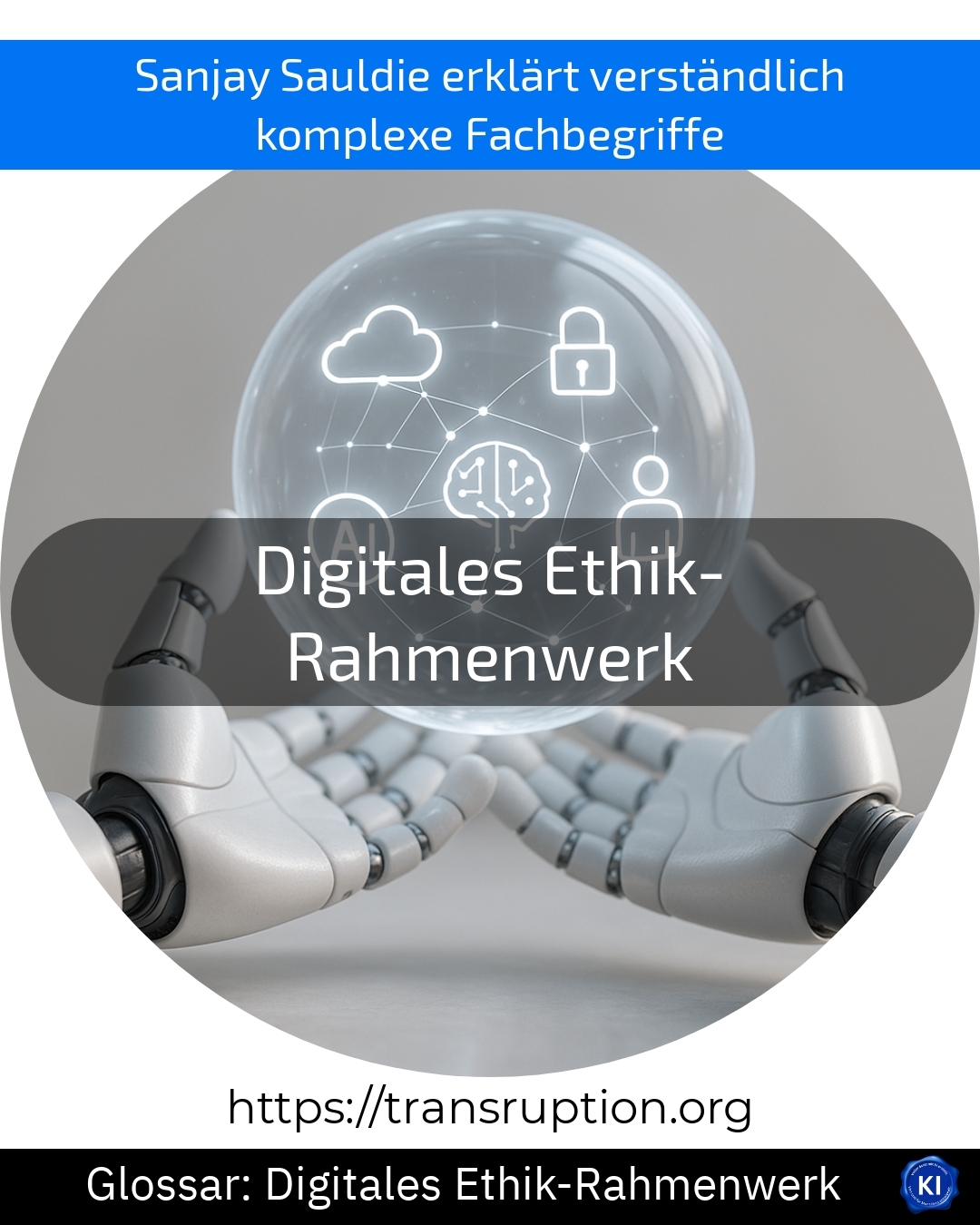The Digital Ethics Framework is particularly important in the areas of digital society, digital transformation and artificial intelligence. It describes rules and principles according to which digital technologies should be developed and used responsibly. The aim is to ensure that digital innovations such as artificial intelligence, algorithms and big data are not only useful, but also fair and safe for everyone.
Imagine a company develops software that pre-sorts job applications. Without a digital ethics framework, this software could unknowingly discriminate against applicants based on their age or gender. Thanks to such a framework, clear rules are established on how the software must be fairly programmed and reviewed to avoid discrimination.
The Digital Ethics Framework therefore helps companies and organisations to make decisions that are both innovative and responsible. It protects users from risks, creates trust in new technologies and ensures that digitalisation is used for the good of society. In this way, progress and fairness always remain in balance.















